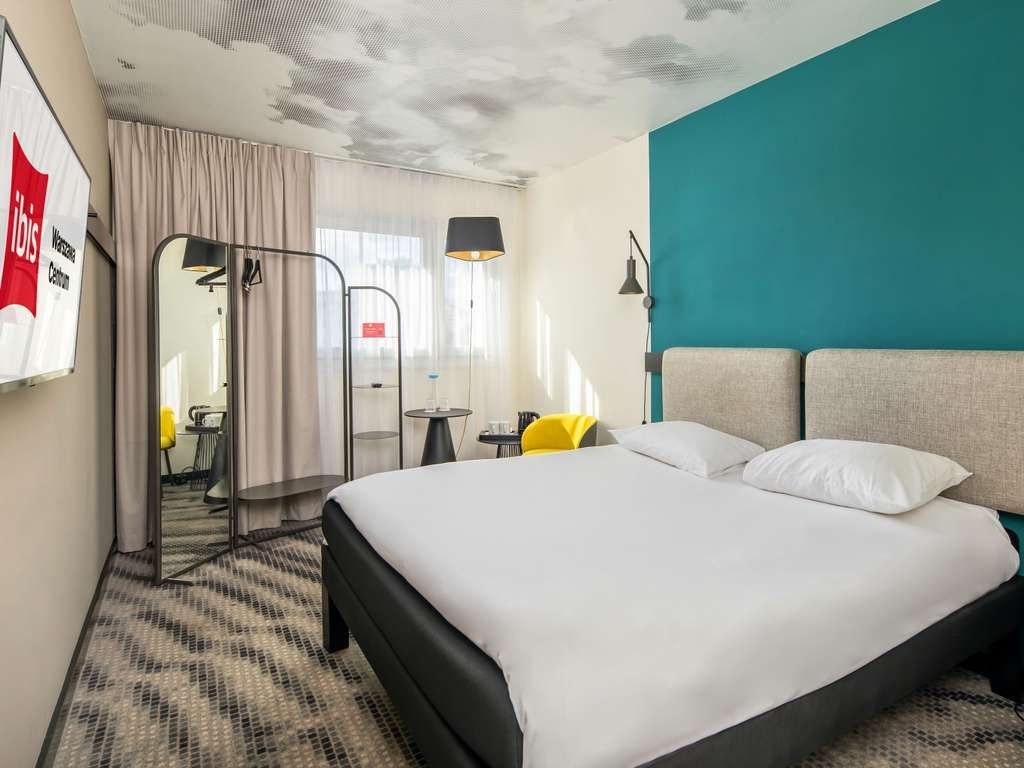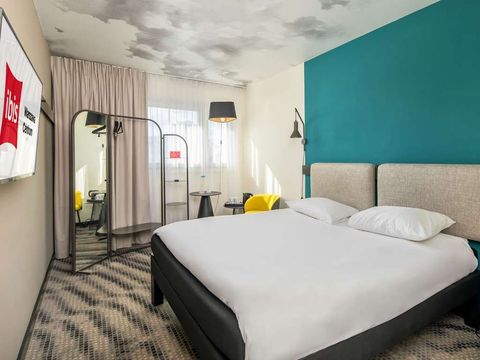Discover Hotel Booking Basics: Knowledge, Details, and Advice
Hotel booking refers to the process of reserving a room at a hotel in advance for travel, business, or leisure purposes. With the rise of online platforms and mobile apps, hotel booking has become a routine activity for millions of travelers worldwide. It exists to ensure that travelers have guaranteed accommodation, access to amenities, and a smoother travel experience.
Booking hotels can involve selecting room types, dates, and optional services such as meals, transportation, or wellness packages. Today, hotel booking is an integral part of trip planning and plays a significant role in tourism, hospitality, and the broader travel ecosystem.
Why Hotel Booking Knowledge Matters
Understanding hotel booking is essential for several reasons:
-
Efficient Planning: Knowing how and when to book can help travelers secure better rooms and avoid last-minute inconveniences.
-
Budget Management: While not focusing on cost per se, planning ahead allows informed decisions regarding room preferences, locations, and amenities.
-
Personalization: Insight into hotel options helps travelers choose accommodations that fit their specific needs, such as accessibility, family-friendly rooms, or business facilities.
-
Global Travel Impact: For frequent travelers, understanding hotel booking systems improves overall travel efficiency and experience.
Hotel booking knowledge affects tourists, business travelers, travel agents, and online platform developers. It solves problems such as overbooking, limited room availability, and confusion over room types or hotel policies.
Recent Updates and Trends
Hotel booking trends are evolving rapidly due to technology and traveler behavior changes:
-
Mobile Booking Surge: In 2025, mobile app bookings account for over 60% of hotel reservations in the U.S., reflecting a shift from desktop platforms.
-
Dynamic Pricing Models: Hotels increasingly use AI to adjust rates in real-time based on demand, season, and local events.
-
Personalized Offers: Modern booking platforms offer tailored recommendations based on traveler history, preferences, and loyalty programs.
-
Sustainability Preferences: Many travelers now consider eco-friendly hotels or green certifications when booking.
-
Flexible Booking Policies: Post-pandemic trends emphasize flexible cancellation policies, enabling travelers to change plans without penalties.
These updates highlight the need to stay informed and use reliable tools when planning hotel stays.
Laws, Regulations, and Policies Affecting Hotel Booking
Hotel booking practices are influenced by laws, policies, and regulations that vary by country:
-
Consumer Protection: Regulations ensure transparency in pricing, prevent deceptive marketing, and provide rights for cancellations or refunds.
-
Local Tax Rules: Many regions require hotels to include taxes or tourism fees during booking. Understanding these rules avoids surprises at check-in.
-
Data Privacy: Online booking platforms comply with privacy laws like GDPR (Europe) or CCPA (California) to protect user data.
-
Accessibility Compliance: Laws often mandate that hotels provide accessible rooms and facilities, ensuring inclusive travel options.
Being aware of these regulations ensures travelers can book confidently while remaining compliant with local laws.
Tools and Resources for Hotel Booking
Several tools and resources make hotel booking more efficient and informative:
-
Online Travel Agencies (OTAs): Platforms like Expedia, Booking.com, and Hotels.com provide comparative room options and reviews.
-
Mobile Apps: Dedicated apps enable instant booking, notifications for deals, and digital check-ins.
-
Review Platforms: Sites like TripAdvisor or Google Reviews offer traveler feedback and ratings for informed choices.
-
Price Comparison Tools: Tools analyze multiple platforms to suggest optimal dates, rooms, and deals.
-
Travel Planning Calculators: Apps allow budgeting, distance mapping, and itinerary management to align bookings with travel plans.
These resources help travelers make informed, convenient, and personalized booking decisions.
Common Questions About Hotel Booking
What is the best time to book a hotel?
Booking early often 2–3 months in advance for domestic travel—helps secure preferred rooms, especially during peak seasons.
Are online reviews reliable?
Reviews provide useful insights but should be considered alongside official hotel descriptions and multiple sources to ensure accuracy.
Can bookings be canceled or changed easily?
Flexible policies vary; travelers should check cancellation terms before finalizing bookings.
How do loyalty programs affect hotel booking?
Membership in hotel or platform loyalty programs can provide perks like free upgrades, discounts, or points redeemable for future stays.
What is the difference between standard and premium rooms?
Standard rooms typically offer essential amenities, while premium rooms include enhanced facilities such as larger space, better views, or additional services.
Tips for Smarter Hotel Booking
-
Compare multiple platforms before confirming a reservation.
-
Read hotel policies carefully, especially regarding check-in/out times and cancellations.
-
Consider proximity to local attractions or transport hubs.
-
Look for verified guest reviews to gauge the quality and service.
-
Use loyalty programs strategically to maximize benefits.
Example Comparison Table: Room Types
| Room Type | Amenities Included | Ideal For | Average Size (sq ft) |
|---|---|---|---|
| Standard Room | Bed, bathroom, basic utilities | Solo travelers, short stay | 200–250 |
| Deluxe Room | Bed, bathroom, mini-fridge, Wi-Fi | Couples, business travelers | 250–350 |
| Suite | Bedroom, living area, premium amenities | Families, luxury seekers | 400–600 |
| Accessible Room | Wheelchair-friendly, accessible bathroom | Travelers with disabilities | 250–350 |
Conclusion
Mastering hotel booking requires knowledge, awareness of trends, and the use of reliable resources. By understanding hotel options, recent updates, relevant laws, and available tools, travelers can make informed decisions that enhance their travel experiences. Staying educated about booking practices ensures efficiency, comfort, and confidence when planning trips.





